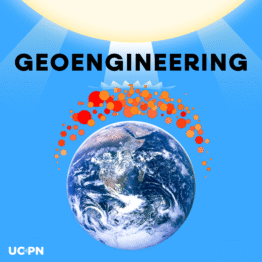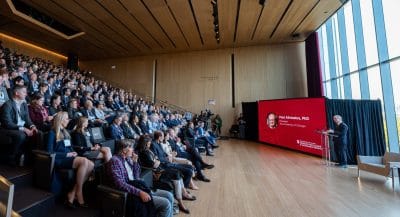Could market forces be the key to solving one of the world’s most pressing public health crises? The evidence from India’s groundbreaking air pollution markets suggests a resounding yes.
Air pollution in India has reached catastrophic levels. With 74 of the world’s 100 most polluted cities located there, the average Indian loses 3.5 years of life expectancy to dirty air. In Delhi, that number climbs to a staggering 8 years. As the country pursues ambitious economic growth targets, balancing development with environmental sustainability has become its central challenge.
In this enlightening conversation with Dr, Kaushik Deb, Executive Director of EPIC India at the University of Chicago, we explore how emissions trading systems are transforming environmental regulation in unexpected ways. The world’s first particulate pollution market in Surat, Gujarat has produced remarkable results: nearly 100% compliance (versus 64% under traditional regulation), 20-30% lower emissions, and 11-12% cost savings for participating industries.
What makes these markets so effective? Modern technology enables continuous emissions monitoring rather than sporadic inspections. Industries that reduce pollution below standards can sell their excess permits, creating financial incentives for environmental stewardship. Perhaps most surprisingly, the market transforms traditionally adversarial relationships between regulators and industry into cooperative partnerships.
The success has sparked rapid expansion throughout India. While the initial market took nearly 15 years to implement, new markets are now being developed in just 18 months. Combined SO2 trading programs across multiple Indian states could soon constitute the world’s largest cap-and-trade system. The upcoming Emissions Market Accelerator initiative aims to make these proven solutions available globally as “plug-and-play” systems deployable within months.
Listen to discover how market-based approaches are demonstrating that environmental protection and economic growth can go hand in hand—and how solutions pioneered in the Global South are challenging assumptions about environmental governance worldwide.
























